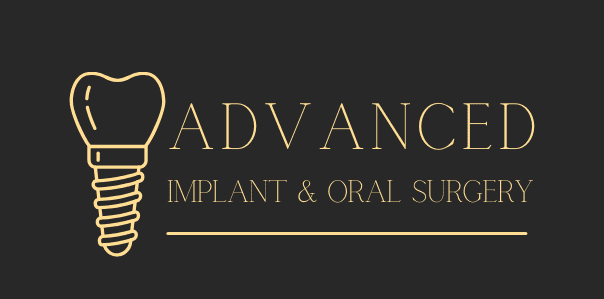Have you noticed swelling, bleeding, or soreness in your gums? Irritation in your gums, the connective tissue that keeps your teeth in place in your mouth, can point to gum disease. This infection of the gum tissue is common. But it can pose a serious threat to your smile as well as the rest of your body.
Gum disease means that oral bacteria eat away at your gums. Then the infection deteriorates your teeth and jawbone when the infection progresses. But gum disease also causes inflammation that triggers a systemic response throughout your body. This will make the rest of your body more vulnerable when it works to repair damaged cells from this gum infection.
Studies also suggest that inflammation from infections like gum disease encourages the formation of certain cancers. Gum disease, in particular, connects to colon and gastric cancer due to the similarities in bacterial presence along with the inflammatory response.
Chronic inflammation therefore will increase your risk of cancer, which makes gum disease more dangerous than many people may realize. You should treat periodontal problems promptly and prevent contracting the infection as well as you can. You can better do so when you know more about gum disease. So read on to learn details about this oral infection.

How to Eradicate Gum Disease
Gum disease will not go away of its own accord. You will need to contact your dentist to treat this infection of the gum tissue before it progresses and causes many types of complications.
A periodontist can begin treating gum disease right away with a thorough cleaning regimen known as scaling and root planing. With this technique, the dental professional scrapes away plaque and excess bacteria from deep within the gum pockets to clear away the infection.
If the infection persists, you may need oral surgery to remove damaged gum tissue and completely eradicate the infection. The periodontist may also recommend using an antibacterial rinse to keep your natural oral bacteria balanced. This reduces your risk of further damage from gum disease.
How to Protect Your Gum Health
Gum disease is easier to treat when diagnosed early. So make sure you do not ignore symptoms in your gums that may point to this infection. And attend regular oral exams with your dentist so that they can perform a periodontal disease screening and find the infection promptly.
You can also take action to lower your risk of contracting gum disease in the first place with good oral hygiene. Remove excess bacteria that could infect your gums by brushing your teeth twice a day and flossing every day. Visit your dentist for routine teeth cleanings as well to maximize oral hygiene.
Some people have risk factors like underlying health conditions or aggressive oral bacteria that may make them more susceptible to gum disease. Your periodontist can evaluate your unique oral health needs to offer preventative care to protect your gums from infection. This in turn will preserve your overall well-being, including lowering your risk of certain cancers.
